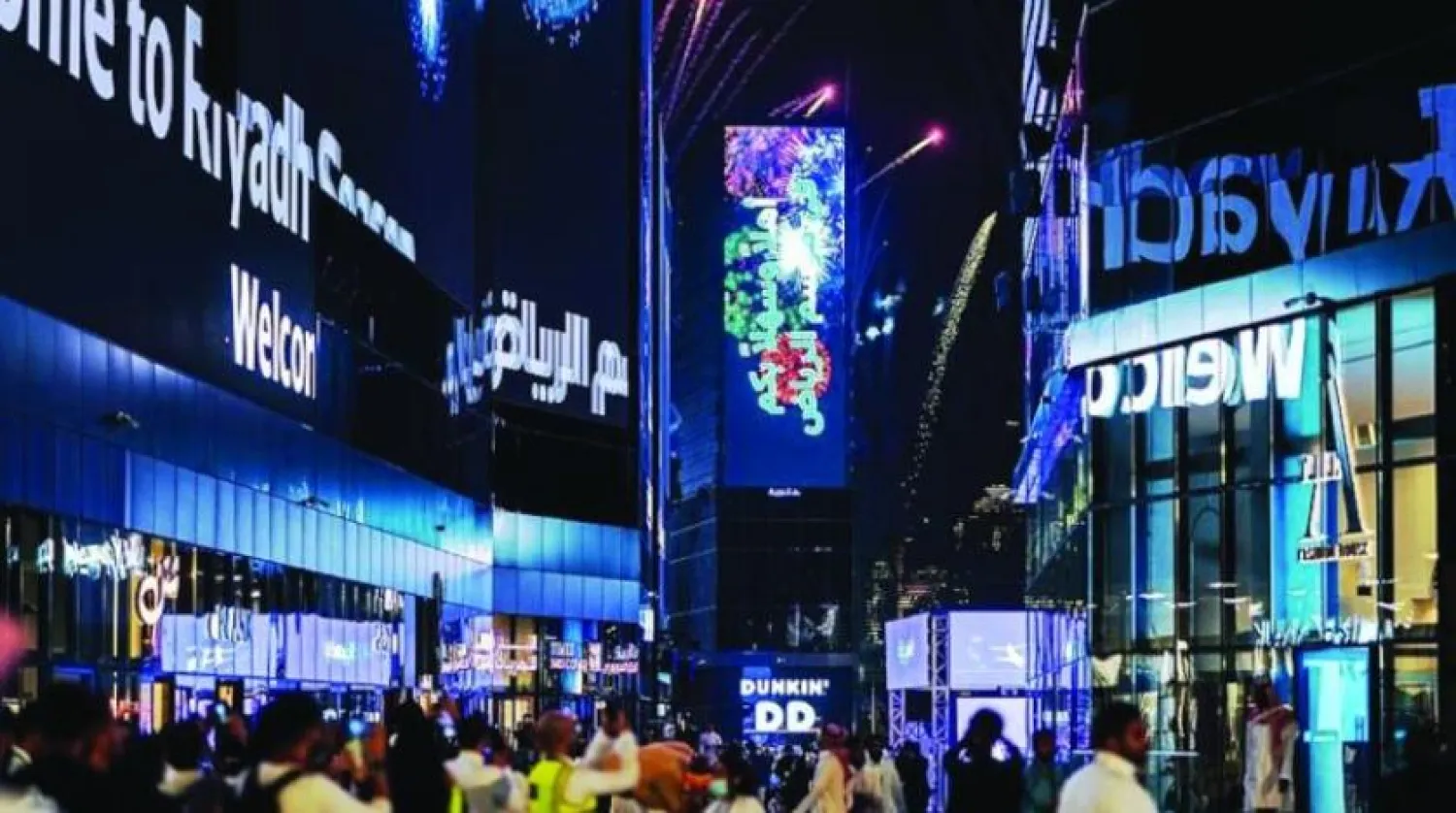The Saudi General Entertainment Authority launched the Entertainment Business Accelerator program to encourage entrepreneurs interested in the rapidly growing sector.
Experts told Asharq Al-Awsat that the Kingdom is experiencing an unprecedented leap in entertainment, which requires qualifying the most significant number of enterprises to cope with the high demand in the current and upcoming phases.
The 12-week program will operate in two phases, aiming to provide entrepreneurs with guidance and training and link them with experts and consultants specialized in project development and a network of investors.
It provides weekly training workshops, and individual advisory sessions between entrepreneurs and specialized consultants will be provided as part of the program.
Experts will monitor participants' performance, support them in developing their projects, and help them prepare for the advanced investment rounds, where they will meet mentors weekly to expand their businesses.
The experts explained that entertainment projects in Saudi Arabia have recently proven successful in diversifying sources of income and increasing contribution to the gross domestic product.
They create job opportunities for male and female citizens, confirming the importance of providing and qualifying national companies capable of absorbing the size of mega projects and events to meet the government's ambition to promote the sector.
The program aligns with Vision 2030 in attracting 100 million visitors annually.
The Chairman of the Entertainment National Committee in the Federation of Saudi Chambers, al-Walid al-Baltan, explained that launching a program to accelerate and boost local competencies coincides with the upcoming projects that the Kingdom will witness in the entertainment sector.
Baltan told Asharq Al-Awsat that the business accelerator program would enable the owners of emerging projects to expand their business in the entertainment and compete to provide the best quality of services in line with the government's ambition.
He said it also creates multiple jobs for Saudis, adding that it diversifies sources of income and boosts the sector's contribution to the gross domestic product.
Managing Director of al-Hokair Tourism and Development Group Majed al-Hokair explained to Asharq Al-Awsat that the Kingdom is witnessing a quantum leap in entertainment, increasing the number of visitors from neighboring countries after Saudis used to travel to these countries for recreation.
Hokair indicated that the business accelerator launched by the Authority would enable small and medium enterprises and entrepreneurs to expand their businesses by linking them with the largest network of investors in several mega projects in the Kingdom.
The Entertainment Business Accelerator program accepts applications that end in March. The program would continue until June, targeting seven sectors: cities and centers, organizing events and crowd control, operating facilities, technical solutions, managing and developing technical talents, ticketing, and supporting services.
"Riyadh Calendar" welcomed 14 million visitors in all its regions, hosting various events of various interests and entertainment.
Visitors to Riyadh Calendar increased with its activities, including many aspects of entertainment at the local, regional, and global levels, forming a new and innovative industry to enjoy throughout the capital.
Riyadh is hosting exceptional events, most notably "The Earth Voice Night," which was held in February with the participation of top Arab artists.









